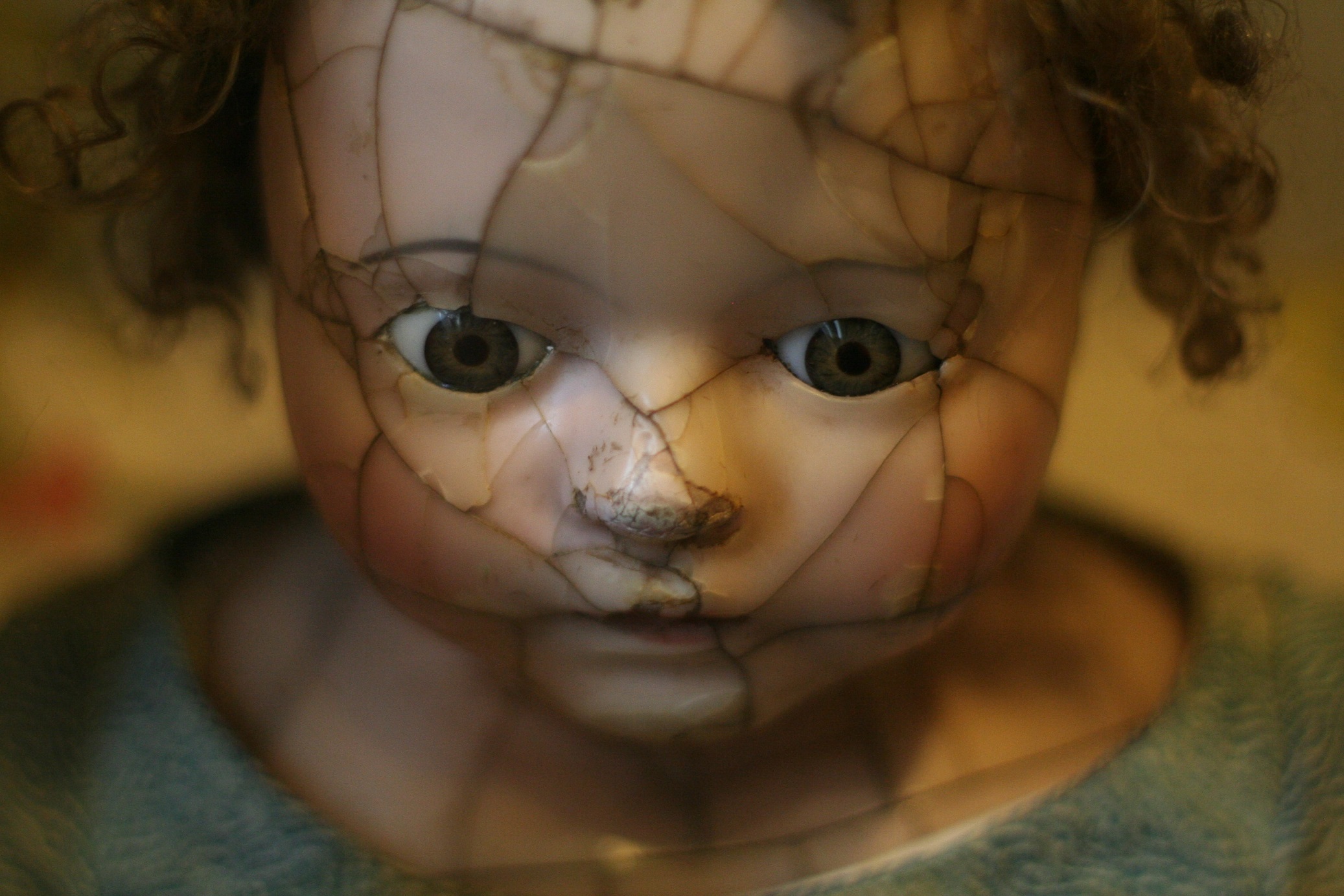Hello to all who have decided to follow along as I post for 21 days straight as part of our church fast. As you can see, each entry is numbered as a particular day, so if you are reading this and the title above doesn’t say Day 1, then you should stop now and go read from Day 1, or take a peek at Day 2 and pick a topic you are interested in. Thanks for being brave enough to join me.
Day 19 and I’m writing about writing again. Specifically, I’m writing about why I include broken characters in my works of fiction. It doesn’t matter if the character is a good guy or a bad guy in my stories, they can be broken.
Again, duh! That’s why we love our favorite stories, to see our broken characters overcome their brokenness or, conversely, see how broken the bad guy can be. Sure, that’s true. We love the antiheroes, the down-on-their-lucks, the once-was-bad-but-now-see-the-light conversions. It’s what makes many stories work. It’s the bread and butter of so many action movies, love stories, sports chronicles, and crime dramas. There are entire TV networks that wouldn’t have any programming if not for the shows about really pretty, but broken characters.
The real question is-why? Why do we love these characters? Many of them are violently altered, psychologically damaged, or are just the unluckiest people (characters) alive. Because we love it when things get fixed. We love it when characters mend. We’re tickled by serial character arcs where the good guys become the bad guys, then return to goodness again, or not.
I generally rip things away from my characters “off screen”. I introduce my characters already broken and sometimes let the reader get a glimpse of how they were before. Not that I don’t rip things away from them during the events of the story, but they generally start out missing something. Whether that something is the entire point of the story, or I put them back together as a bonus for completing whatever quest I send them on will vary from story to story.
Their brokenness will invariably be based on things that I gravely fear – the loss of a spouse, severe bodily damage, the loss of a job or livelihood, and more, are on my list of “things I never want to experience”. So I write about them. I don’t know exactly why, but I suspect it is an attempt to comprehend the tragedy without actually experiencing it. With my characters, I can write their reaction, then if I feel it isn’t right, I can rewrite it. You can’t do that in real life, at least not easily.
It’s a challenge to realistically show the development and healing of a character. It forces me to really dive into a character, to ask that character dozens of questions, about their likes, dislikes, family, temperament, and all manner of other probing questions. The nice thing is they can never get angry, or clam up, or change the subject. If so, I would have to ask myself why this character, who owes their existence to me, is acting up…
It’s simple really. Characters drive stories, and whether we can relate to their tragedy or simply be glad we haven’t experienced it, broken characters have the ability to pull us into a story, make us feel the emotions and reactions and cause us to take an interest in what happens to each of them, even the bad ones.
Thanks for reading to the end! Only two more days left!
Photo Credit – Photo by Aimee Vogelsang on Unsplash





